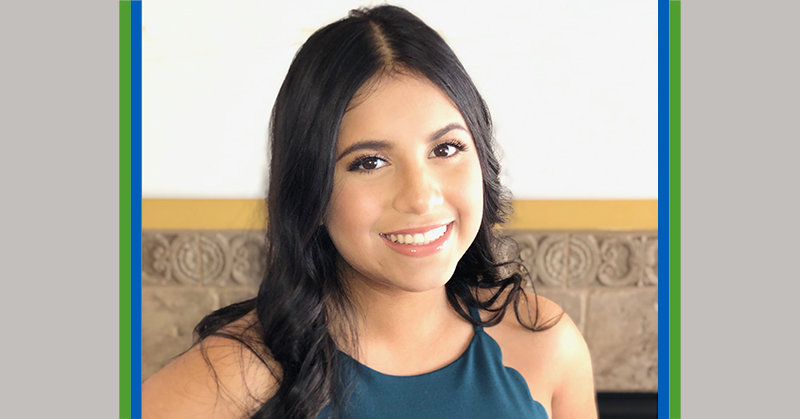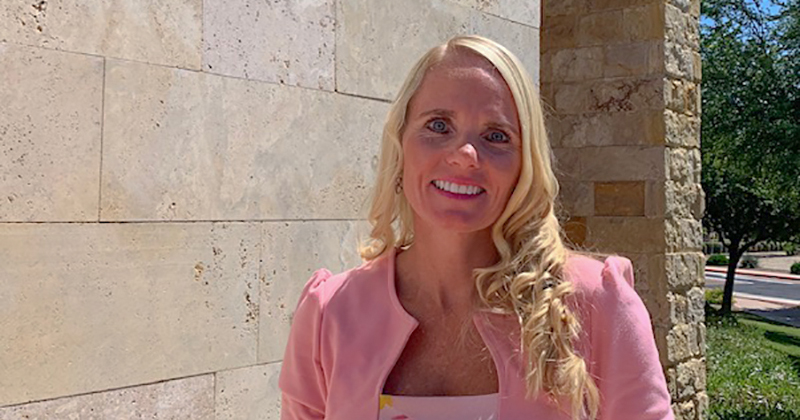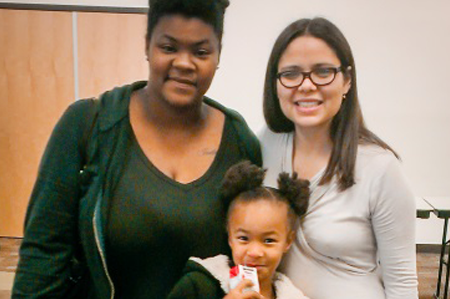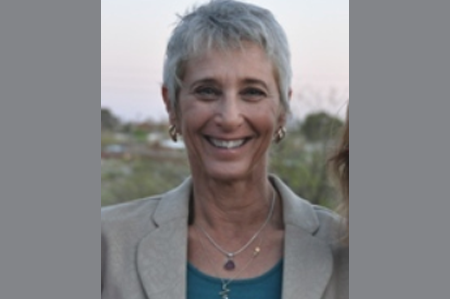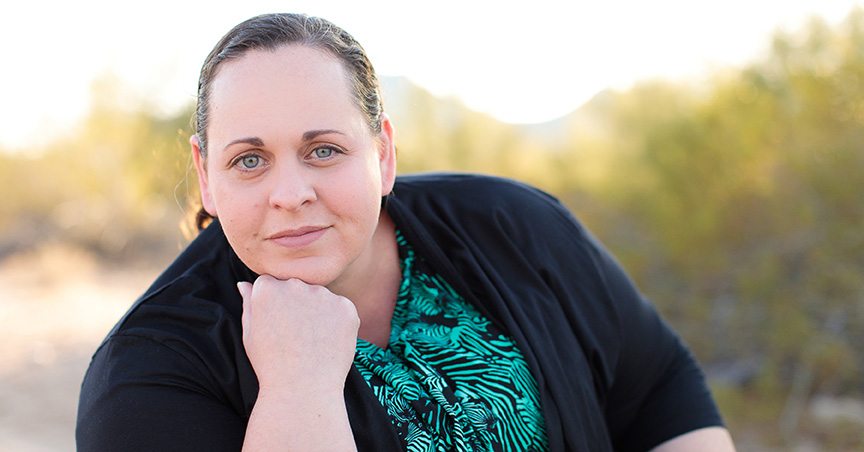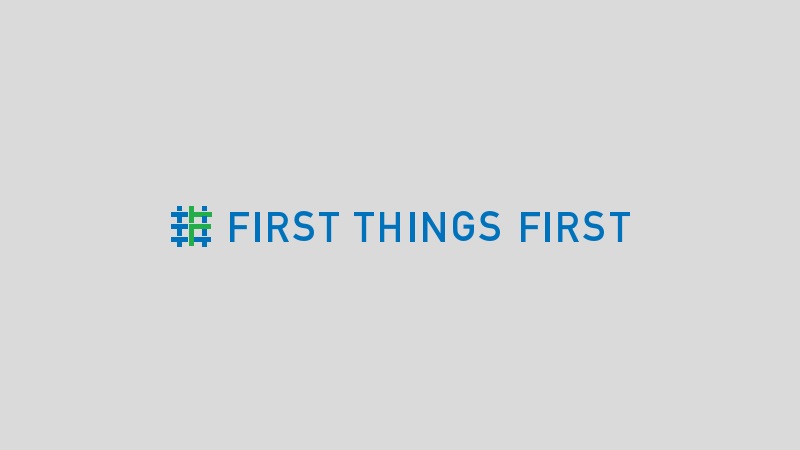Pima County Superior Court Judge Joan Wagener has been selected as the 2020 First Things First Pima North Champion for Young Children.
The award is given to local champions who actively volunteer their time to raise public awareness of the importance of early childhood development and health. Champions spend a significant amount of time volunteering with FTF and building public awareness about the importance of early childhood issues.
Wagener has helped raise awareness about the importance of early childhood education within the child welfare system connected to the Pima County Juvenile Court Complex. Wagener holds a leadership role on the Building Blocks Committee, which focuses on children birth to age 3 involved in the family court system. Wagener has helped families working through adoption, fostering or reunification understand the importance of the early years and the impact that family relationships have on the development of their child. Children in these families have often experienced adverse childhood experiences (ACEs) and connecting caregivers to early childhood information and resources is a priority. In this role, Wagener shares information from First Things First with caregivers as she talks to them about why the early years matter.
We recently caught up with Wagener.
Question: Why do you feel early childhood development and health is important?
Answer: 90% of brain development occurs between birth and age 5. It is a critically important time in the life of human beings. It is the building blocks that lay the foundation for the future. If brain development is not adequately supported with good nutrition, proper health care and appropriate stimulation, it can’t be redone. The great news is that supporting early childhood development and health is fairly easy. Reading to children from infancy, talking to children, playing with children are all easy, fun ways to support healthy early brain development. Ensuring that children have access to healthy foods daily is absolutely necessary, as is proper health care.
From birth, children need healthy, supportive, consistent caregivers who recognize their needs and take steps to meet those needs. Of course, there are things that must be avoided, including chaotic, inconsistent environments which are often the result of domestic violence, substance use and untreated mental health issues. Our most vulnerable population needs all of us to support proper early childhood development and health. It is well worth the investment.
Question: How do you suggest other people in your community get involved?
Answer: Supporting parents and caregivers of children, from birth on is so important. This support might be in the form of modeling proper caregiving, supporting proper bonding and attachment, teaching about early childhood development and health, providing books to families to read to their newborns and older children. This could be done on an individual basis (“adopting” a family) or on a larger scale. Community groups and the faith community are wonderful vehicles for providing information and support to families regarding early childhood development and health.
Supporting organizations that provide information and resources to families with children birth to age 5 is critically important. The really good ones provide necessary opportunities/programs for families to learn about early childhood development and health in accessible, culturally competent ways.
Ensuring that every pregnant woman and child from birth forward in the community has healthy nutritious food daily to support healthy brain and body development is vital.
Ensuring that every pregnant woman and child from birth forward has access to proper regular health care. Providing information about the ages and stages of child development and health is important. Information about physical and mental health should be provided to parents and caregivers so they are taking good care of themselves and modeling proper self-care to the children they love and are raising. Services to address domestic violence, substance use and mental health issues need to be easily available to parents of these young children so these risk factors can be properly remedied.
Ensuring that all families have access to quality child care with child minders (caregivers) who are well qualified and well trained to ensure the safety and well-being of children. Quality child care provides for physical safety of children, nutritious foods and activities that support proper child development. Spreading the word about the wonderful family and child serving agencies and organizations in the community so those who could benefit from the information and resources is something we can all do easily.
We cannot assume someone else is doing the things outlined above. Individually we must accept responsibility for ensuring information, resources and support for our tiniest, most vulnerable citizens are easily accessible to their parents and caregivers. Taking these steps makes the community smarter, healthier and stronger. Everyone benefits from a smarter, healthier, stronger community.


